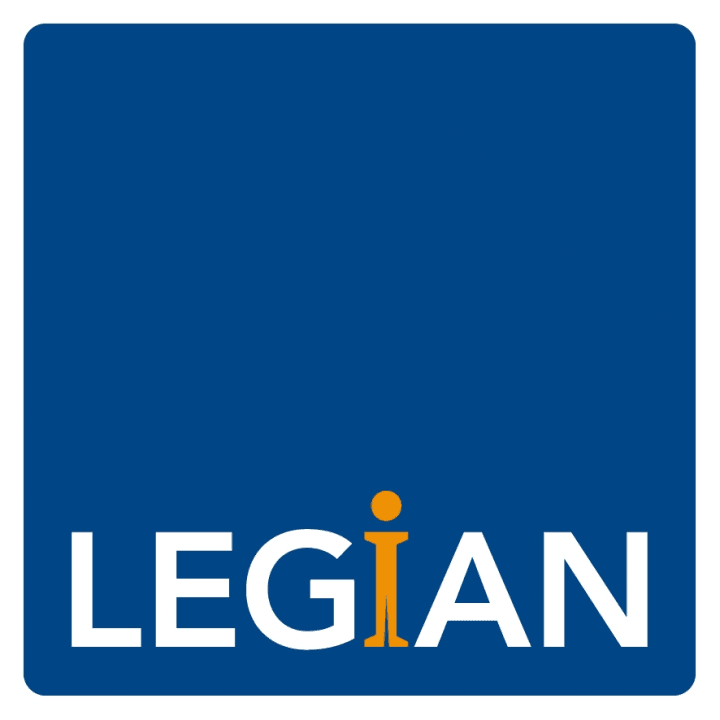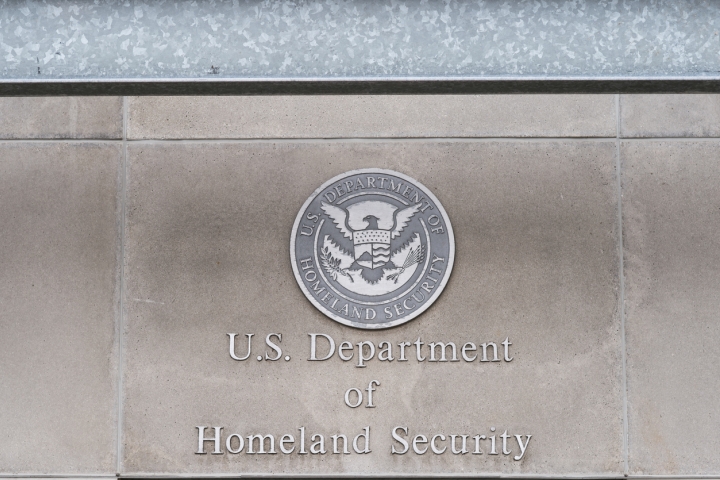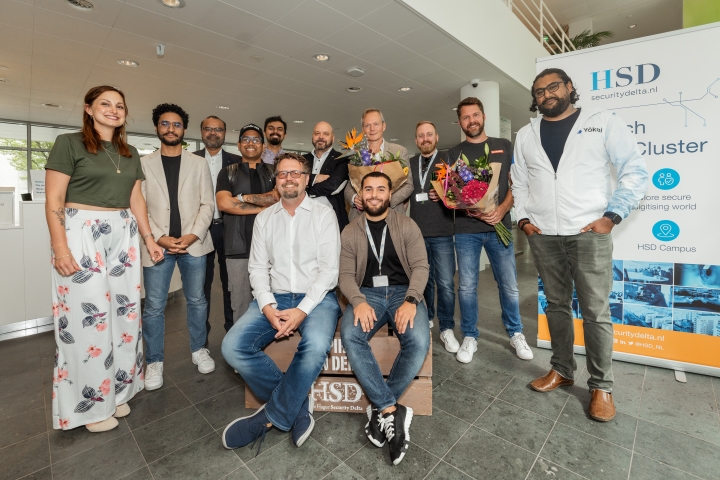Great Attention for Digital Security During the European Elections
The majority of political parties in the Netherlands are addressing digital security in their European election manifestos. This is according to an analysis of the European election programmes of all participating political parties, carried out by HSD partner 'Legian'. Many parties stress the importance of cooperation between member states as they consider these collaborations important, especially to counter increasing cybercrime.
More than half of the participating parties want citizens' privacy to be better handled. For instance, some parties opposes the deployment of the European Digital Identity (eID) as long as it is unclear whether the technology is reliable and citizens’ data are in safe hands. Moreover, the online safety of children is also important to many parties. For instance, some parties wants to limit the use of social media algorithms to protect children from social media addiction and mental problems.
"Especially with so many developments taking place in the field of cyber security and digitalisation, it is good that the parties pay attention to themes such as international collaborations, Artificial Intelligence, privacy and children's online safety." - Nandenie Moenielal, Lead Consultancy & Business Development at Legian.
Strong attention from the European Commission
Digital security has been high on the European Commission's agenda item list and has been designated as a priority in recent years. This is demonstrated, among other things, by the 2021 launch of the Europe's Digital Decade policy initiative and a number of cyber security measures, including the Cyber Resilience Act and NIS2. Additionally, the European Declaration on Digital Rights and Principles was emphasised by Ursula von der Leyen. The European Parliament's stance on combating cybercrime, protecting citizens' privacy, and the impact of social media on youth is noteworthy. After all, national levels do not have solutions. If you want to accomplish meaningful achievements, cross-border cooperation is crucial, according to Moenielal.
Every European organisation needs to improve its cyber skills, according to a May 2024 Eurobarometer measurement. According to a prediction made by The European Union Agency for Cybersecurity (ENISA), cyber risks and cyber skills are closely related. Moenielal anticipates that "if citizens' cyber skills are not optimal, this poses a major threat to the functioning of network and information systems in Europe." There are two parts to this. On the one hand, having competent staff—which is already in short supply—is crucial. However, we must keep making investments in each person's knowledge and proficiency in digital security.
"It's encouraging so see that almost all parties are paying attention to digital security. This is due to the fact that as ICT dependence grows, so does the vulnerability of all European persons and organisations. In order to truly obtain effective answers, the European policy programme must be continued, as the Netherlands will also experience. To achieve this, a long-term strategy, appropriate prioritisation on the European agenda, and ongoing investment in the established goals are needed." -Nandenie Moenielal
Source: Legian
Photo: Istock.com/BeeBright























